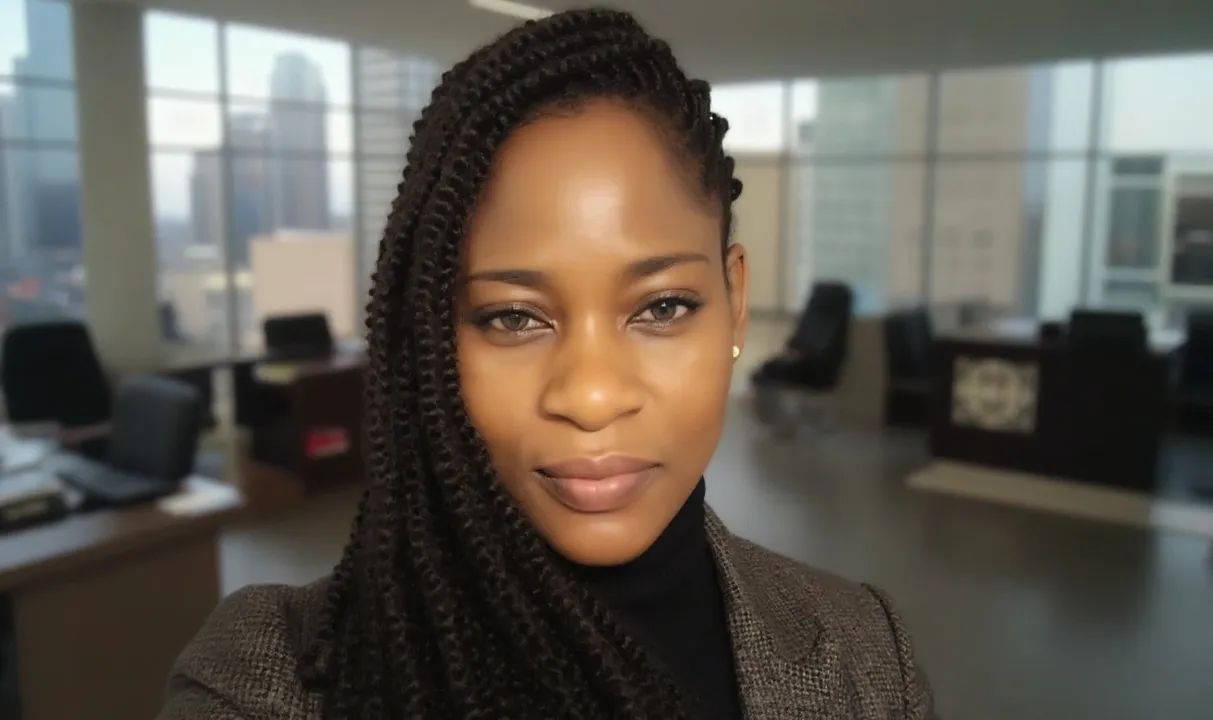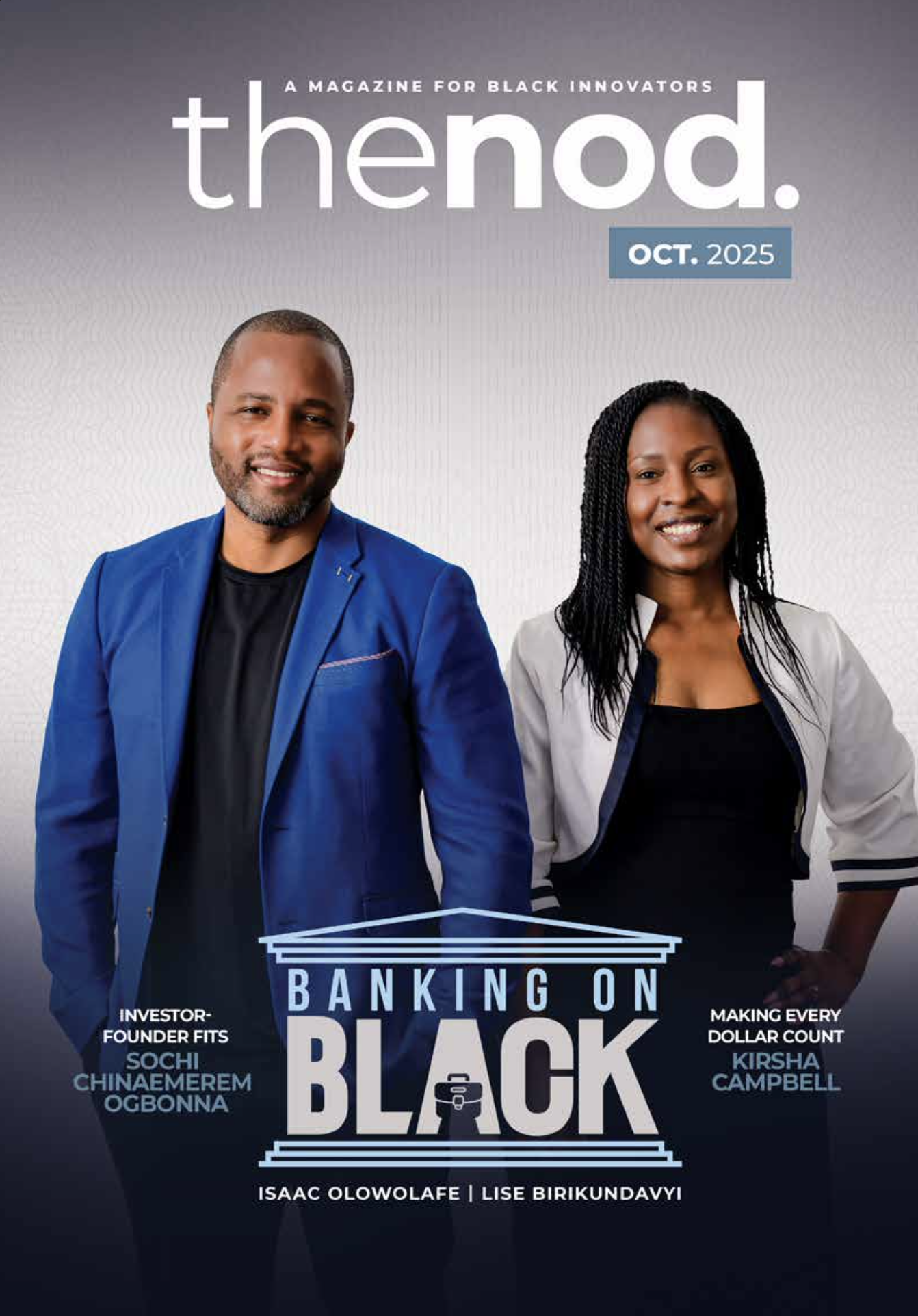Is AI Recruitment the Future or a Step Backwards?
Picture this: you upload your resume and within seconds, an AI decides whether you’re worth a second look. If you make the cut, another AI might watch your every blink, tone, and gesture, grading your answers in real-time. Stop picturing: it’s already happening.
Studies show that candidates who pass AI-led interviews move on to human stages about 54% of the time, compared to just 34% via traditional resume screening. That stat alone signals how much the game has changed.
How AI Orders the Hiring Flow
AI’s role in recruitment has expanded far beyond resume sorting. Today, algorithms touch nearly every part of the hiring process, from the first scan to final scoring.
First, it screens. AI systems scan thousands of resumes in minutes, searching for keywords and experience markers that match job descriptions. Then comes the interview. Platforms like HireVue and Mercor use video tools that analyze a candidate’s tone, gestures, and expressions. Everything is scored: communication style, confidence level, and even pauses.
Finally, the system delivers scores. These platforms evaluate technical ability, culture fit, leadership traits, and overall performance potential at scale and in seconds.
The Promise and Cracks
AI makes big claims: up to 40% faster hires, 50% lower recruiting costs, and stronger job matches from skills-first approaches. These are real wins, especially for companies managing high-volume roles.
But beneath those numbers are uncomfortable patterns. A University of Washington audit found that three popular AI hiring tools were more likely to shortlist candidates with “white-sounding” names than equally qualified Black or Hispanic applicants. While numbers vary, the trend is consistent: AI reflects and sometimes magnifies the same biases we hoped it would remove.
And it’s not just bias. It’s also deception. A cybersecurity firm recently caught a candidate using AI video filters to fake their identity during a virtual interview. With more hiring moving online, deepfake-style fraud could become a new norm.
What AI Can and Can’t Do
The value of AI lies in volume and consistency. It works 24/7, applies the same rules every time, and can pick up on unusual but promising matches that human recruiters might overlook.
Yet, it has blind spots. AI can’t read nuance. It’s poor at gauging team chemistry, leadership style, or emotional intelligence. The same algorithm that flags a great communicator might miss someone who brings quiet, steady influence. Worse, these systems are vulnerable to manipulation and often lack transparency.
Candidates who don’t “fit the pattern” get cast aside. And top talent may disengage from what feels like a cold, impersonal process.
A Hybrid Future Works Best
The smartest companies aren’t choosing AI or humans; they’re using both. AI handles the scale. People bring their judgment.
This approach keeps hiring fast and fair without losing the human factor. Let the algorithm flag the trends. Let real people interpret them. The future of hiring isn’t fully automated. It’s balanced.
What Candidates Should Do Now
AI is now a permanent fixture in the job search. According to LinkedIn’s Global Talent Trends, two-thirds of recruiters expect to increase their AI use by 2025. If you’re applying to AI-led companies, you need to play the system smart. Tailor your resume to include keywords from the job post.
Practice clear, concise video answers. Understand that your facial expressions, voice tone, and energy are all being measured. For more human-centered workplaces, focus on authenticity. Build a strong, visible portfolio. Engage with real people. They will see your skill, but show them your story too.
The Bottom Line
AI is changing the front end of hiring. But what still matters most is insight, and that comes from people. The best employers will combine the scale of automation with the depth of human judgment.
And the most resilient candidates will do the same: use the tools, but stay grounded in who they are. In this new world of hiring, success belongs to those who know how to work with AI without becoming the algorithm themselves.













